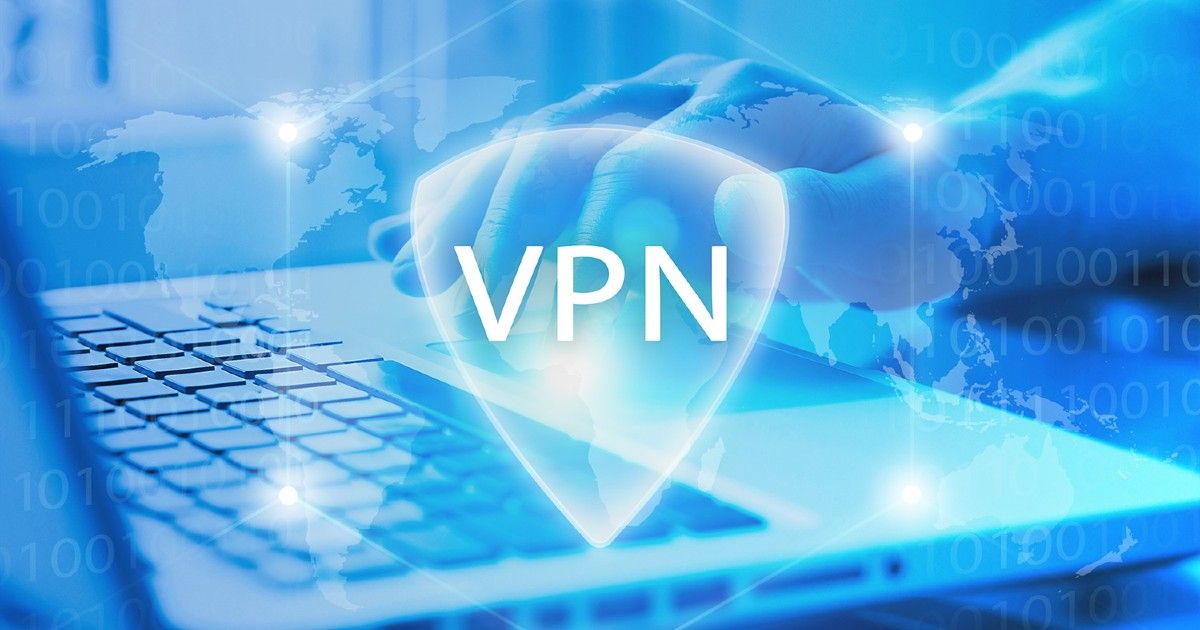
While recommending ban on VPN, the Parliamentary Standing Committee cited technological challenges that it posed maintaining the Dark Web and VPNs can bypass cyber security walls and allow criminals to remain anonymous online, reports M.Y. SIDDIQUI
An exercise is afoot in the Ministry of Home Affairs in tandem with the Ministry of Electronics and Information Technology to ban Virtual Private Networks (VPNs) following recommendations of Parliamentary Standing Committee on Information Technology. Ban on VPNs will be incursive to people’s fundamental right to privacy and impact adversely corporates as it obscures ones identity on the Internet. VPN services establish secure connections between users and servers or services by routing the data through a remote server/servers thus disguising the users’ identity. If Internet Protocol (IP) address is assigned, then it helps the law enforcement agencies to identify the server and for that matter user’s identity, whereas VPN server disguises the user’s identity. VPN servers from foreign soil allow users to bypass blocking rules by the government. VPN is known for security, reliability and speed, on every device, anywhere, one goes.
While recommending ban on VPN, Parliamentary Standing Committee cited technological challenges that it posed maintaining the Dark Web and VPNs can bypass cyber security walls and allow criminals to remain anonymous online. It said further that VPNs could be downloaded easily. Many websites providing such facilities are advertising them. It asked the government to block VPNs with the help of Internet Service Providers (ISPs).
Countries that have banned VPNs are: China, Russia, Oman, Iraq and Belarus. Countries where VPNs have been adopted are: Algeria, India, Kuwait, Lebanon, Oman, Pakistan, Qatar, Saudi Arabia, Singapore and UAE. This is based on Atlas VPN Adoption Index.
VPN, however, is different from the Dark Web. VPNs are used to access blocked websites on the open Internet, whereas the Dark Web is not part of the Internet that one accesses on a regular basis. Accessing the Dark Web needs The Onion Router (TOR), an anonymity network that has websites running on its own network. TOR sites use onion extensions.
Apart from consumer uses, VPNs are immensely advantageous to businesses. Any corporate that requires employees to access sensitive information including the captive software within the company’s network uses VPN. Corporates use VPNs to create an internal network that can be accessed by employees even when they are not within office premises. Companies for work from home use VPNs as intra-company or company information is encrypted and open to its employees only from anywhere or any distant places in the world.
Yet tracking VPN is not impossible. It is a centralized entity, which can still track what its users are doing. Many service providers of VPN encrypt traffic offer assured privacy to users. Despite encryption of information on VPN, there are examples how law enforcement agencies worldwide track down criminals using VPNs for their nefarious works. It is learnt, even TOR has been decrypted. It is also learnt that Federal Bureau of Investigation (FBI) in the USA, shut down a Dark Web market named Silk Road that sold everything from drugs to humans.
Ban on VPNs will be deleterious to corporate sector, as it will impact adversely secrecy of their business interests amidst cut-throat competitions and excellence in quality of products and services. Cyber experts maintain ban on VPNs will harm largely the interests of corporates as disincentive to investments and doing businesses in India. For common citizens it will be construed as open infringement of their fundamental right to privacy. For media, it will infringe the free flow of information and freedom of press guaranteed by the Constitution coming on the heels of all-round ban or restrictions on free flow of information on all channels of media under the current authoritarian union government!
tehelkaletters@gmail.com












